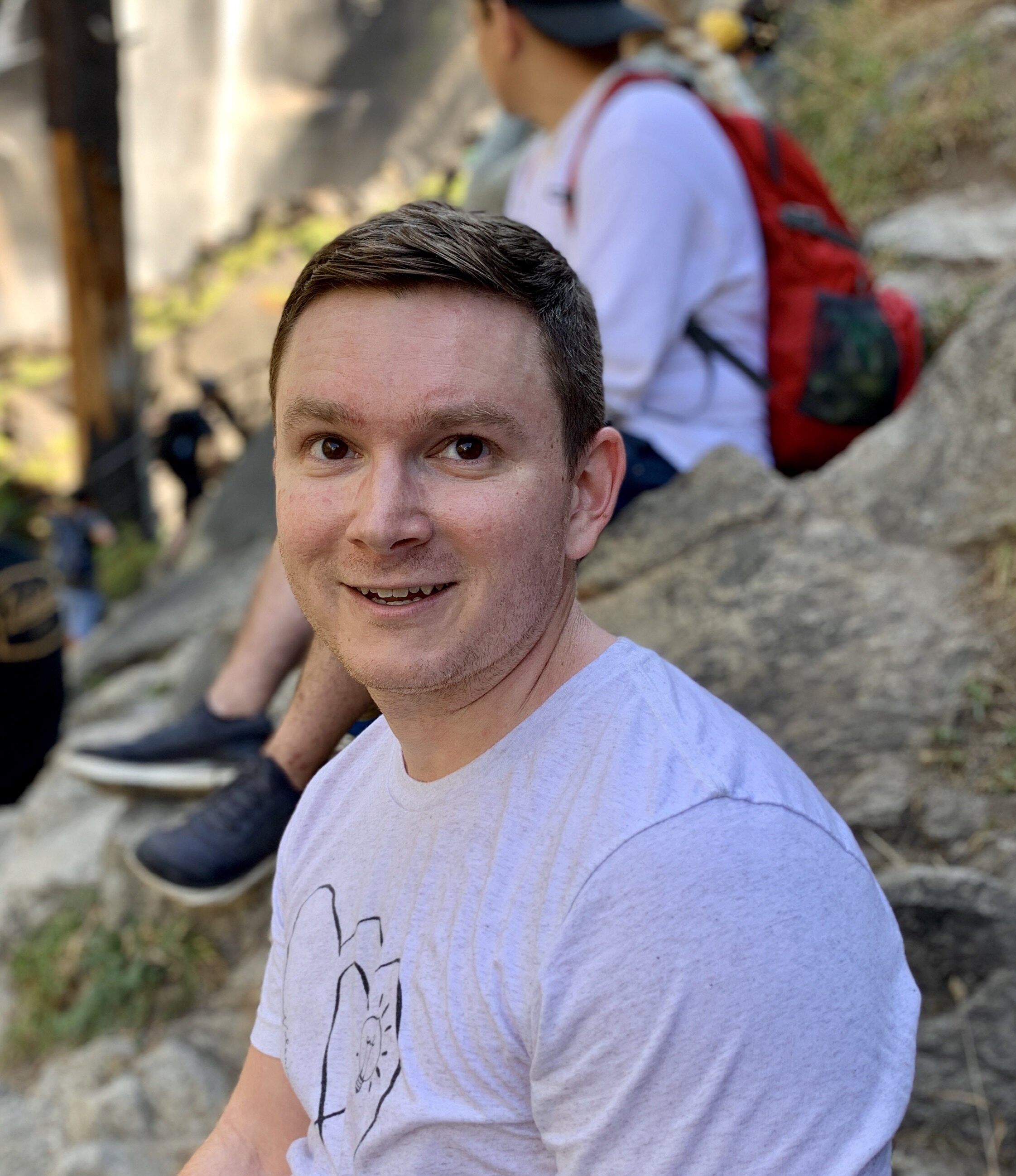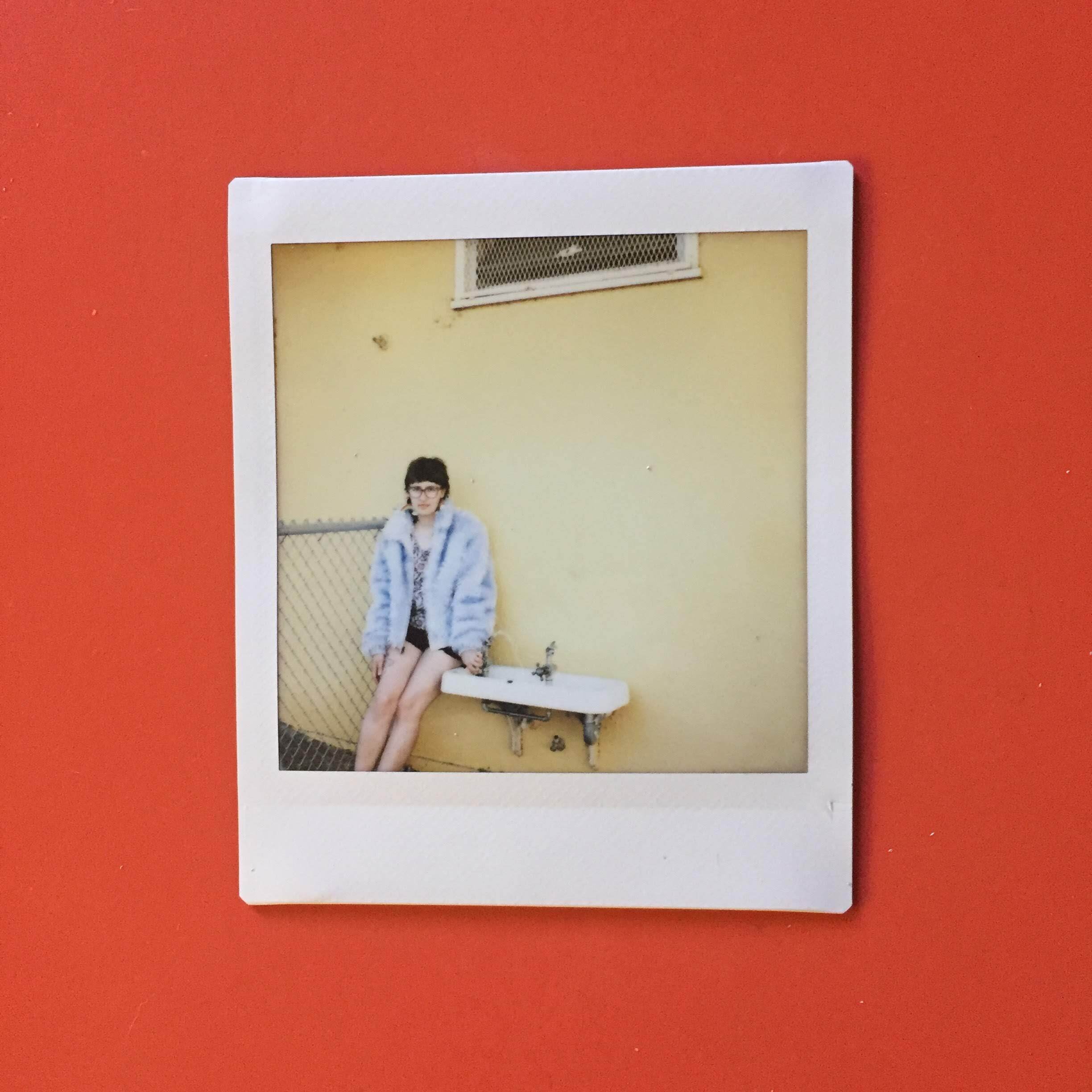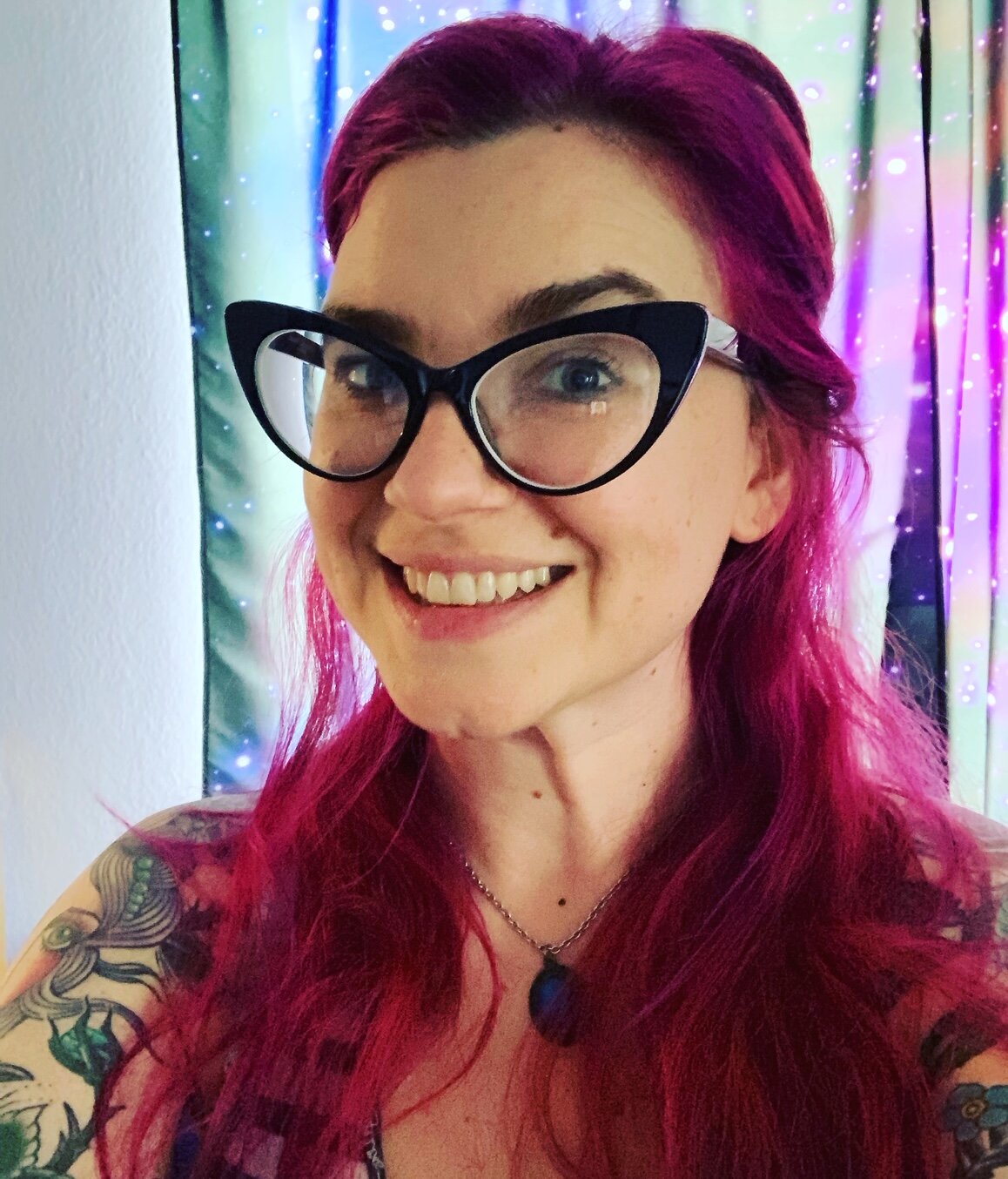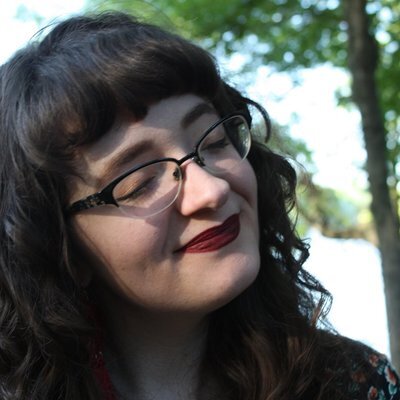1971: First Male Love
Chapter 1: Driving West toward Tarzana
The first real live naked woman that I lusted after sexually, I saw for the first and only time at the Classic Cat strip club on Van Nuys Blvd., in the Panorama City section of the San Fernando Valley. She was lithe, tall, long-limbed, slowly gyrating her hips onstage as I brought out another vat of fried chicken legs to the free buffet. I was working for a caterer called “Weddings by Al.” We made the food for the Classic Cat. I was a freshman at Van Nuys High School.
There were three guys in the club at the time. Two of them, shooting pool in the back, wore white work shirts that said “Trane Heating and Cooling” on them. The other was a guy in a suit, eating fried chicken. He had taken off his jacket and had rolled up his sleeves. In the background a porno was playing, some guy who looked a bit like him, standing, shirttails out, his tie dangling over his belly, his pants pulled down around his legs along with his briefs as a woman sucked his dick in a hotel room. As she moved her mouth up and down around his member like some oil rig pump jack, he talked out loud about driving directions.
“You take the 405, get off at Ventura Blvd., and drive west towards Tarzana.”
I remember thinking it odd that the guy eating fried chicken was staring at the film, and not at the beautiful naked woman standing in front of him, glaring at us both as she slowly moved her hips back and forth onstage. I was, though.
Chapter 2: The First Cock I Sucked…
Belonged to a boy in my high school named Andy. We had been swimming at his house, his parents and two sisters off somewhere, when he suggested that we go skinny dipping in his pool. After a while he suggested we go inside, where we sat cross-legged on his parents’ bed.
“Don’t you ever want to touch yourself like this?” he asked. I remember thinking, as he fingered his penis, that he had the most delicate fingers I had ever seen. I so wanted to kneel down before him, say, “Oh, you poor thing,” and take his cock between my lips, the way I had seen it done in those pornos at the Classic Cat.
Well, at least that was my fantasy for many years after. I imagined Andy stroking my hair, his body getting tauter and tauter, until he came into my mouth. I would lick it off then and kiss him deep and wonderingly on his chest and face and in his mouth, my tongue deep inside him. What really happened was that I sat on his parents’ bed and showed him how I masturbated.
Andy never hung out with me much after that. He preferred the company of a boy named Allen, whom I heard some ROTC guys call “Little Alice” behind his back.
1973: “the white mutation of its dream”
Chapter 1: “- and then/ I could not see to see -”
-- Emily Dickinson
Decades removed from the 1970s, in an honors seminar about poetry and song lyrics that I was teaching at The Ohio State University, where we were all, including me, completing weekly writing assignments centered upon the poems and the lyrics that we were playing with, assignments that I called in our syllabus “Assays/Essays/Explorations/Expectations/Analysis[ters]/Amusings,” I wrote the following about “Cape Breton” by Elizabeth Bishop:
What I love about Bishop is how much she enables us, forces us even, to look hard. In the doing of that, that looking, we discover, in a sense, through the senses, how we know; that is, how we know where to go to know.
Look at a poem like “Cape Breton.” The road described therein that “clambers along the brink of the coast” (23) takes us “in the interior / where we cannot see” (31-32).
What I take Bishop to be saying here is, in part, that the process of looking takes us to where we, to paraphrase Emily Dickinson, cannot see to see. Like those “admirable scriptures on stones by stones” (35), the process of writing enables that. So, in a sense those stony hieroglyphs mirror our own scriptures, our own writing, as in Bishop’s poem, and as in these assay/essays…, which, at least in their best parts when the writing strikes us as most “right,” take us “in the interior/ where we cannot see.”
And it’s a process, and it’s kind of hard, because what we’re looking for is almost in a not there sort of there-ness, “like rotting snow-ice sucked away/ almost to spirit” (16), or like the articulations of those “thousands of light song-sparrow songs floating upward / freely, dispassionately, through the mist” (37-38). Is it any wonder, then, that the man stepping off the bus with a baby (47) lives in an “invisible house beside the water” (50), or that “The thin mist follows / the white mutation of its dream” (52-53)?
Chapter 2: The Invisible Kid as Cape Breton
Christmas Break. Driving down from Reed College where I had just started that autumn, the person who was driving us from Portland to L.A. where our respective families lived, a fellow student older than me to whom I had paid twenty dollars for the ride, stopped in Santa Cruz where we were to crash for the night. Just after we arrived, we were standing in the living room of a low-slung bungalow house where a bunch of U.C. Santa Cruz students lived, when Hank Rashan, a kid a year older than me when we were at Van Nuys High School, and who was also a student there at the U.C., walked through the doorway.
I didn’t know Hank well, but I had observed that he was an arrogant prick who liked to push people around, not physically, but through force of his personality and will. He had come to the house we were staying at because he knew someone who lived there, one of the girls. He was demanding that she hurry up and get ready to leave. He hadn’t even said hello. I mentioned to him that we were at Van Nuys High together. He hadn’t noticed me yet in the scrum of people standing there in the living room, but now he did. He cocked his head just a scooch, peered at me for a moment, not long, as if he was looking at the not-there that was standing there before him, the short, skinny, long-haired kid wearing wire-rimmed glasses, before he turned away and said, “Maybe.”
1975: First Female Love
Preface: An “Assay/ Essay/ Exploration/Expectation/Analysis[ter]/
Amusing” on Cole Porter:
I love the way Cole Porter skates on the blades of his wit and cleverness across an internal rhyme or couplet, creating in the process a wonderful surface dazzle on a song lyric:[LS1]
“Oh, charming sir, the way you sing
Would break the heart of Missus Crosby’s Bing.”
(From “It’s De-Lovely,” 110)
He: If you ever catch on fire, send a wire.
She: If you ever lose your teeth and you’re out to dine,
Borrow mine.
(From “Friendship,” 106)
If you can’t be a ham and do “Hamlet,”
They will not give a damn or a damnlet.
Just recite an occasional sonnet
And your lap’ll have “Honey” upon it.
(From “Brush Up Your Shakespeare,”104)
One could go on and on, just as ever-expansive Cole Porter seems to go on and on, in drunken delight over the rhythms of his melodies and the cleverness of his lyrical hooks (“You’re the Top” has 7 verses, for example; “Let’s Do It, Let’s Fall In Love” has “only” five, but each one is approximately sonnet length). But then sometimes, reading Porter’s lyrics, one finds something different, something deeper, something more craving and vulnerable lurking in his words:[LS2]
Night and day under the hide of me
There’s an, oh, such a hungry yearning burning inside of me
(From “Night and Day,”119)
“Hide” works the street of meaning in both senses, of course, as in “under our hides we truly hide what is most truly, truly ourselves.” And then there’s the pause around the “oh,” as if the thought of that “hungry yearning” makes our singer/sayer/seer pause at the heartbreak of that thought and feeling. And so methinks we’ve broken through the ice of cleverness here and are swimming through to something deeper. And I wonder: is this how the wavelengths of what we now call “gaydar” got deflected and refracted in the “old days,” as they bounced through and off the walls of that dreaded closet, even for one with as much wealth and cultural capital to gain access out of it on occasion as Cole Porter?[LS3]
Chapter One: After the First Date with Her: [LS4]
Standing on her porch after she had gone inside, I thought of what Clara Schumann had written in her diary after she had visited her husband in Dr. Franz Richarz's asylum in Bonn in 1855: “It was the briefest of kisses, just a brush of lips against my cheek, but for years I felt it.”
Chapter Two: Preemie
Her love for me was briefer than a bruise.
Chapter Three: The End
Lifting her hands from a tub full of beer and ice and cupping them around mine, she said, “Here, feel how cold these are.”
Coda #1
Years later, I saw her again in passing, in Manhattan, outside the Godiva Chocolatier on Fifth Avenue. I was waiting on the sidewalk while my sister bought something inside, when I saw Salvador Dali. The grand old man was shorter that I would have thought. His white hair fell to his shoulders, and his famous mustache, also white now, seemed more clipped than I remembered from his pictures. But it was through his mustache that I recognized him. A long flowing leopard skin coat draped over his shoulders like a cape. He walked slowly, fully upright but with a cane, regally, it seemed to me. Perhaps the entourage of people who followed him, like pilot fish, I remember thinking, solidified that perception. He said nothing, but he nodded at those who, like me, made eye contact with him.
I noticed her walking down the sidewalk from the opposite direction, just after she had finished crossing W. 52nd Street. She wore a sensible yellow dress that hemmed at her knees. Wearing white high heels, she stepped purposely, a black Michael Kors purse dangling from her left arm. A necklace of what appeared to be pearls adorned her neckline. Her blond hair was set in a sort of flip, like Gidget in that T.V. show from the ‘60s, but this was the 1980s.
She didn’t appear to notice the great artist when she passed him and his entourage, or me. She didn’t seem to notice anyone or anything, but stared straight ahead, what we call “looking blankly,” “staring into space,” or “lost in thought.” Her lips were pursed, her mouth taut, turned downwards. I had heard she had gotten married, but I remember noticing a discolored band of skin on her finger, where her wedding ring would have been.
Coda #2
About a year before my “experience” with Andy, I remember my mother asking me if I was a homosexual. This would have been early 1970, when I was fourteen. We were alone in her Mazda, driving home from the Trader Joe’s off Westwood Blvd. I sat in the passenger seat staring straight ahead, as if I was “looking blankly,” “staring into space,” or “lost in thought.” I waited nearly the full length of a red light before I answered meekly, “No.”
“Good,” she said, and drove on.
1977: The Writer
What first struck me about Jim Krusoe were his fingers. Like Andy’s, his were long and delicate. Not like guitarists have, like the rock star John Doe, on the cusp of his fame then, who hung out, like I did, at the Tuesday-evening public poetry workshops at the Beyond Baroque literary arts center in Venice. No, Jim didn’t have muscular fingers like that. His were much more thin and deft.





























